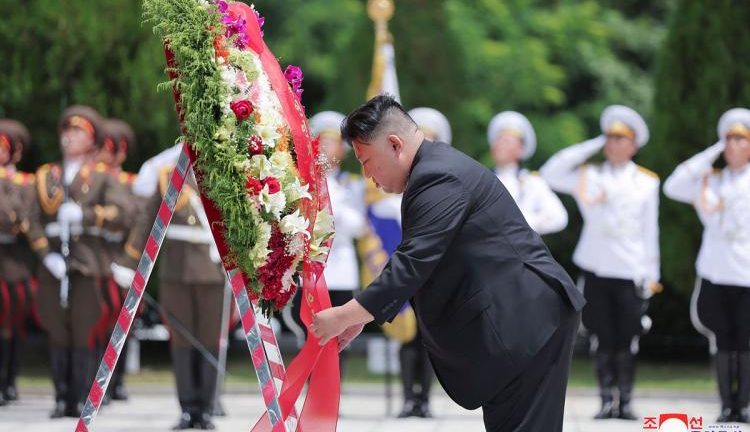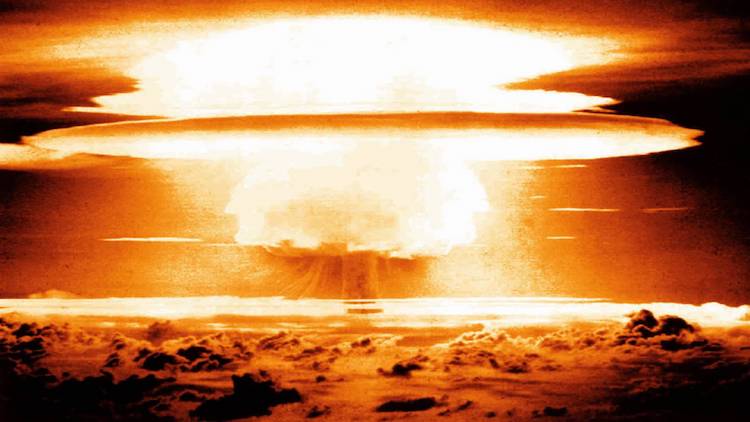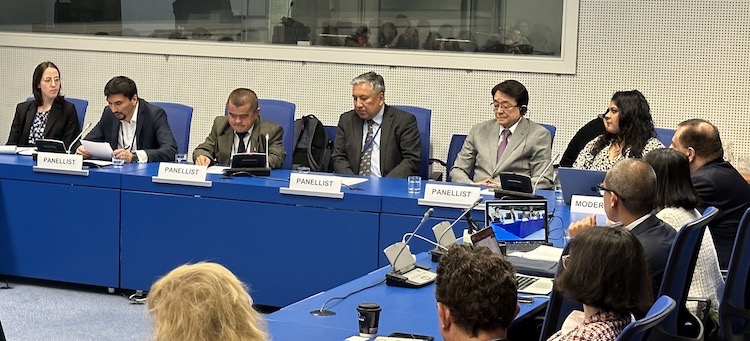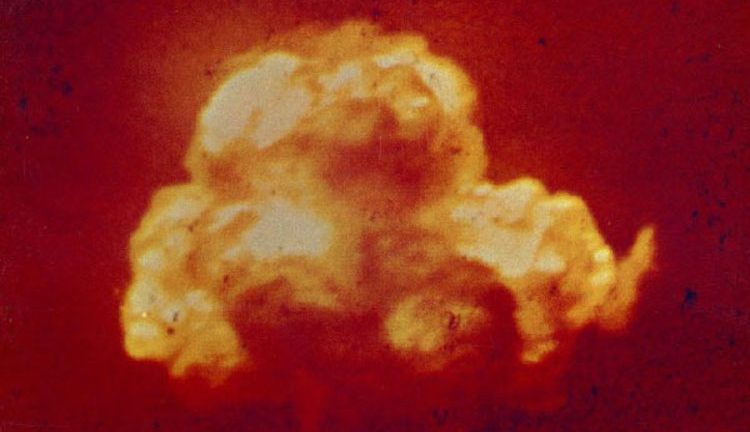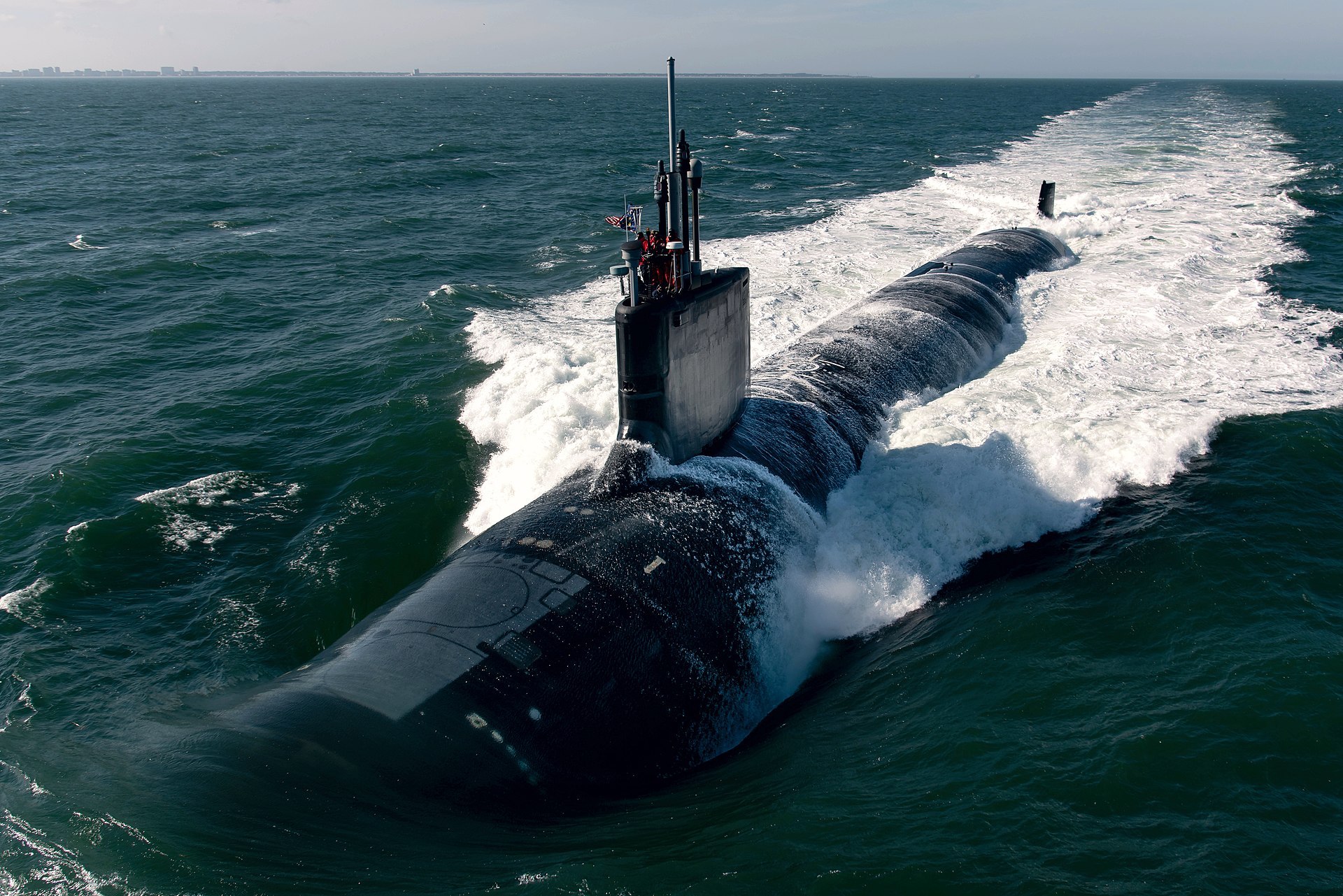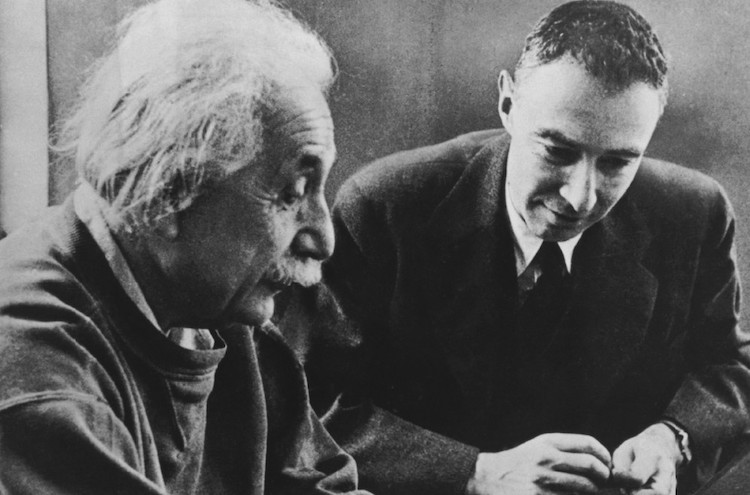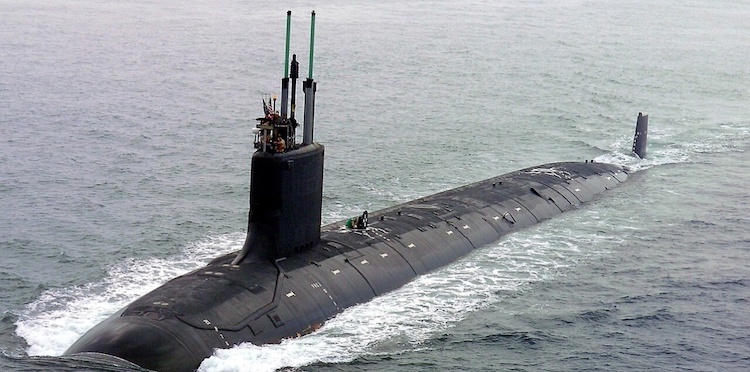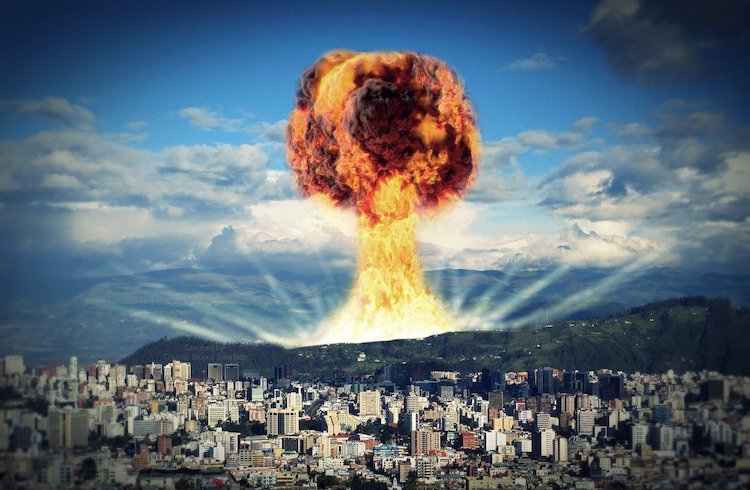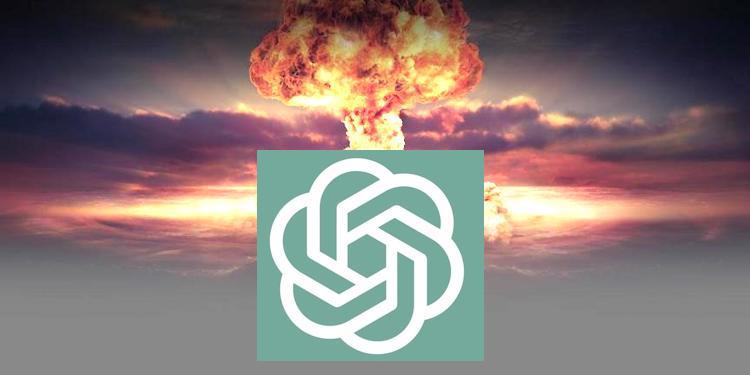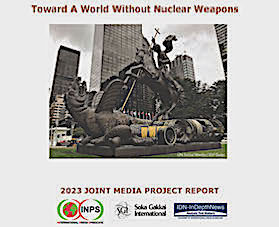By Ramesh Jaura
BERLIN. 4 August 2023 (IDN) — The release of Christopher Nolan’s Oppenheimer sparked a media frenzy just weeks before the first session of the Preparatory Committee for the 2026 Review Conference of the Parties to the Treaty on Non-Proliferation of Nuclear Weapons (NPT) in Vienna.
It is a biopic about the “father” of the atomic bomb, which wiped out the Japanese cities of Hiroshima and Nagasaki on 6 and 9 August 1945, killing between 129,000 and 226,000 people. (P13) GERMAN | JAPANESE














